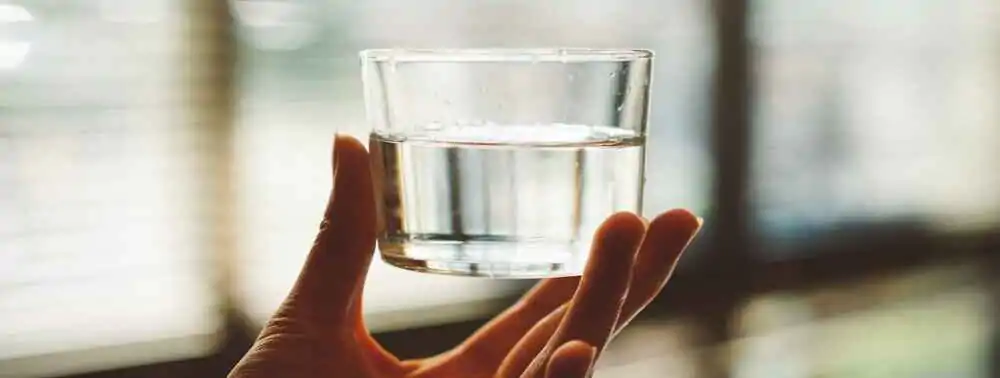Hello, young learners! Welcome back to Primary 3 Basic Science & Technology. In our previous lesson, we learned about Water Quality, Contaminated Water, and Potable Water. Today, we’re going to learn about Water.
Objectives
By the end of this lesson, you should be able to:
- List four common uses of water.
- List three harmful effects of water.
Water
Water is a vital substance that we encounter daily. It’s essential for life and plays a crucial role in various aspects of our lives.
What is Water?
Water is a transparent, tasteless, and odorless liquid that is essential for all known life. It is a compound made up of two hydrogen atoms and one oxygen atom (H₂O).
Uses of Water
Water has numerous uses, some of which include:
- Drinking: We need water to quench our thirst and keep our bodies hydrated.
- Cooking: Water is used to prepare food, such as boiling vegetables, making soup, and baking bread.
- Bathing: We use water to clean ourselves and maintain personal hygiene.
- Washing: Water is used to wash clothes, dishes, and other items.
- Irrigation: Water is essential for agriculture, as it helps plants grow and produce food.
- Generating Electricity: Hydroelectric power plants use water to generate electricity.
Harmful Effects of Water
While water is essential for life, it can also be harmful if it’s not clean. Contaminated water can carry diseases and pose risks to our health.
Water-borne Diseases
Some of the major water-borne diseases include:
- Cholera: A severe diarrheal disease caused by the bacterium Vibrio cholerae.
- Typhoid: A bacterial infection that affects the intestines.
- Dysentery: An infection of the intestines that causes diarrhea and abdominal cramps.
- Hepatitis A: A viral infection that affects the liver.
Preventing Water-borne Diseases
There are several ways to prevent water-borne diseases, such as:
- Boiling Water: Boiling water for at least one minute kills most harmful bacteria.
- Proper Sanitation: Maintaining good hygiene and sanitation practices, such as washing hands frequently and using clean toilets, helps prevent the spread of diseases.
- Treating Water: Using water purification tablets or filters can remove harmful contaminants from water.
Evaluation Questions
Now that you’ve learned about water, let’s see if you can answer these questions:
- List three common uses of water.
- List two water-borne diseases.
- How can we stay safe with water?
- What are some other ways water is used in our daily lives?
- Why is it important to drink clean water?
Conclusion
Water is a precious resource that we must use wisely and protect. Remember to always drink clean water and practice good hygiene to stay safe. Keep exploring the world of science and continue learning about the amazing things around us! See you in the next lesson!









